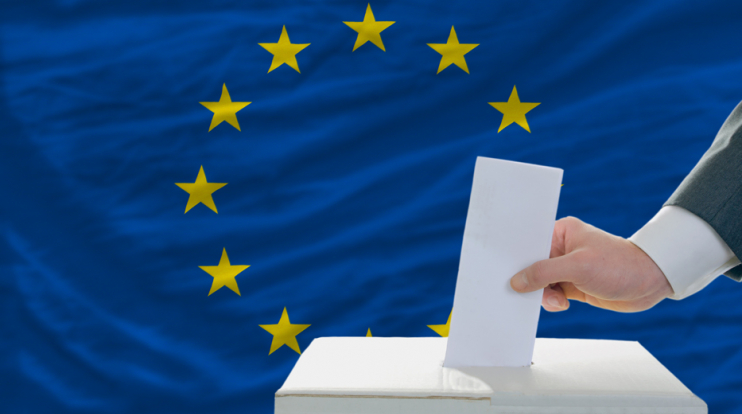One year from now, in June 2024, millions of Europeans will head to the polls to cast their votes in the European Parliament elections. This event, encompassing an estimated 450 million eligible voters across 27 member states, is of paramount importance for shaping the future course of the European Union (EU). It is essential to understand the role of the European Parliament in this context. As the legislative branch of the EU, it shares power over the EU budget and legislation with the Council of the European Union, making it a key player in European policymaking.
The upcoming election is particularly noteworthy due to a significant shift in Europe's political landscape. Traditional powerhouses of European politics, both on the left and right of the spectrum, have seen a decline in support, with voters increasingly disillusioned with conventional party politics. Notably, parties such as France's Socialist Party (PS) and Les Républicains (LR), Germany's Social Democratic Party (SPD), Italy's Democratic Party (PD), and Spain's People's Party (PP) have all witnessed a diminishing voter base. This trend is mirrored across the continent and has led to a vacuum of power that other political factions are eager to fill.
Simultaneously, the rise of more radical, often right-leaning parties, has been observed. These parties capitalise on populist sentiments, promising to act differently than the traditional parties and appealing to voters disenchanted with the status quo. However, their track record often proves inconclusive, and their ability to secure a significant number of seats in the European Parliament remains uncertain.
Considering the current political landscape, alliances are a crucial factor for the upcoming elections. It is common for European Parliament members to form groups with others who share similar political leanings, enabling them to exert more influence. The European People's Party (EPP) and the Progressive Alliance of Socialists and Democrats (S&D), for example, have traditionally been the largest groups in the European Parliament. However, their power has been waning as national parties that contribute members to these groups have seen a decline in support.
The Renew Europe group, composed of liberal and centrist parties, could potentially play a pivotal role in the formation of a new majority. This group, along with the Greens–European Free Alliance, may find common ground on key issues such as climate change and digital transformation, potentially creating a powerful coalition. Meanwhile, right-leaning groups like the Identity and Democracy Party, which houses several of the rising populist parties, could gain more seats but may find it challenging to form broad alliances.
The upcoming European elections are set against a backdrop of dramatic political shifts. As traditional parties wane, the balance of power hangs in the balance. The alliances formed in the aftermath of these elections could redefine the EU's political landscape, with far-reaching implications for its future direction. All eyes are on Europe as it navigates this critical juncture.









